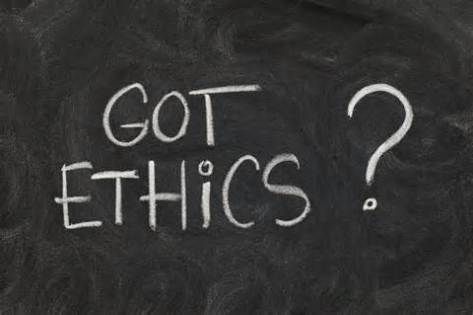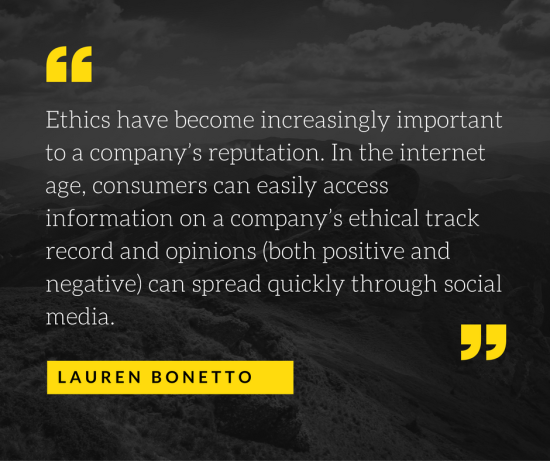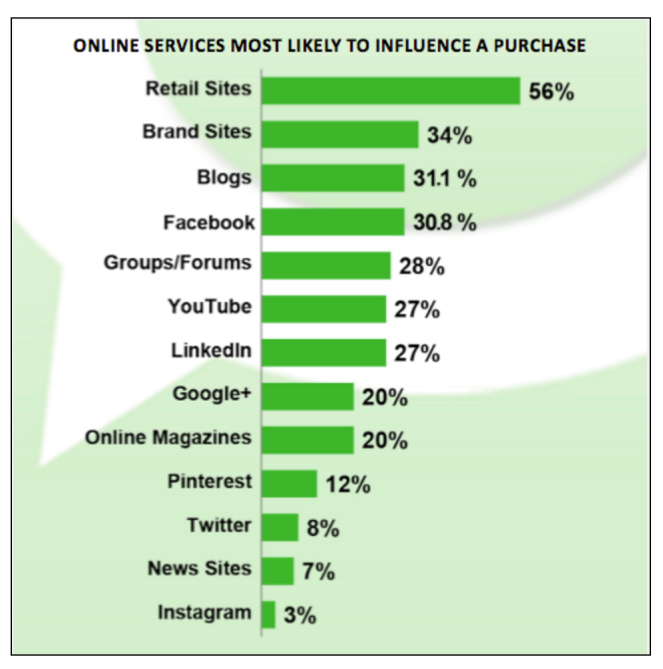
(Un)Ethical use of social media in business
With the advancement of technology, social media is becoming indispensable as it is slowly incorporated into our daily lives. As a result many unseen ethical issues start to surface.
Source: https://www.reference.com/world-view/ethical-issue-f1d5bd587b50cdbf#
With social media gaining mass popularity, the right usage would create an abundance of business opportunities as well as increase brand loyalty and recognition.
Continue reading →









